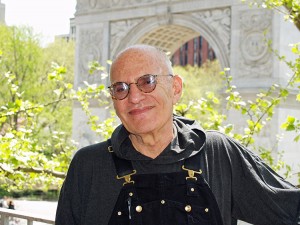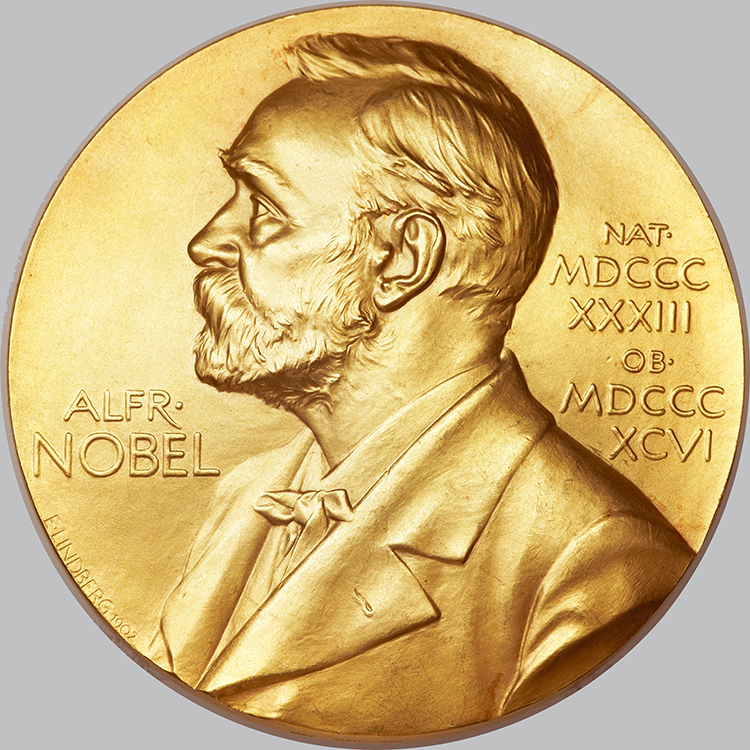Remembering AIDS Activist Larry Kramer
Monday, June 8th, 2020
American activist and playwright Larry Kramer
Credit: David Shankbone (licensed under CC BY 3.0)
The American playwright and AIDS activist Larry Kramer died on Wednesday, May 27, 2020, at the age of 84. (AIDS is the final, life-threatening stages of infection with the human immunodeficiency virus [HIV]). Kramer became known as a fiery advocate (supporter) of public health and gay rights. His advocacy helped not only to further the study and treatment of HIV/AIDS but also to inspire other aggressive public health efforts.
Laurence David Kramer was born on June 25, 1935, in Bridgeport, Connecticut. In 1957, he earned a bachelor of arts degree in English from Yale University. He then entered the motion-picture industry, variously working as screenwriter, story editor, and producer.
In 1981, Kramer cofounded Gay Men’s Health Crisis (GMHC), the first HIV service organization. The organization was created in response to the lack of government action to fight the disease. In 1987, Kramer founded ACT UP (AIDS Coalition to Unleash Power). The organization performed disruptive acts to gain the attention of public officials, scientists, and religious leaders. For instance, the group surrounded St. Patrick’s Cathedral in New York City.
One of the officials with whom Kramer tussled was the American epidemiologist Anthony Fauci. Kramer accused Fauci of having no sense of urgency in studying or treating HIV/AIDS. (In January 2020, Fauci became a lead member of the White House Coronavirus Task Force.) The two later became friends, and Fauci acknowledged the role Kramer had played in drawing attention to the disease.
Kramer is the author of several books, plays, screenplays and essays. His autobiographical play “The Normal Heart” opened in 1985. It explores the rise of the HIV/AIDS crisis in New York City during the early 1980’s. Another autobiographical play, “The Destiny of Me,” was first performed in 1992. The play follows Ned Weeks, the main character of “The Normal Heart.” Kramer wrote a screenplay for the English writer D.H. Lawrence’s novel Women in Love. The film was released in 1969. Kramer received an Academy Award nomination for his screenplay.













